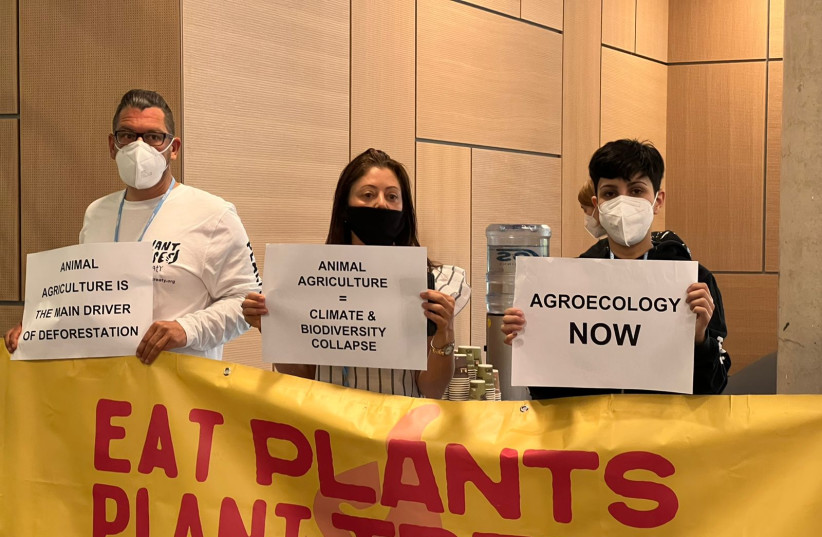Planting more breadfruit trees may be the solution to combating climate change, a new study claims.
Scientists expect climate change will have an adverse effect on many crops around the globe. But researchers from Northwestern University say global warming trends will have little effect on one particular production: breadfruit.
Breadfruit is a starchy tree fruit native to the Pacific islands. Although it’s a fruit, people often use breadfruit as a substitute for potatoes because it’s so starchy and lacks seeds.
The research, which found that unlike rice and corn, breadfruit can withstand extreme climates, was published Wednesday in the peer-reviewed journal PLOS Climate.
Since global warming is making tropical regions both warmer and wetter, the researchers wanted to see if this would impact breadfruit’s ability to grow in its native climate.

First, they mapped out what climate conditions these trees need in order to properly grow breadfruit. The team then looked at climate change models, predicting what the weather will look like in these areas in 2061-2080.
The predictions examined two scenarios: one where rising greenhouse gas emissions continue to plague the world and one where emissions stabilize in the future. In both scenarios, regions that are suitable for growing breadfruit trees remained the same. In the tropics and subtropics, the amount of suitable land for growing breadfruit only decreased by 4.4. to 4.5 percent.
The research team also found that there is suitable land for growing this crop in other regions, including sub-Saharan Africa, where people don’t typically plant these trees.
Breadfruit could end world hunger
The fruit could be a solution, as it is well-suited to grow in areas that face high levels of food-insecurity, according to the researchers.
The Environment and Climate Change portal is produced in cooperation with the Goldman Sonnenfeldt School of Sustainability and Climate Change at Ben-Gurion University of the Negev. The Jerusalem Post maintains all editorial decisions related to the content.
